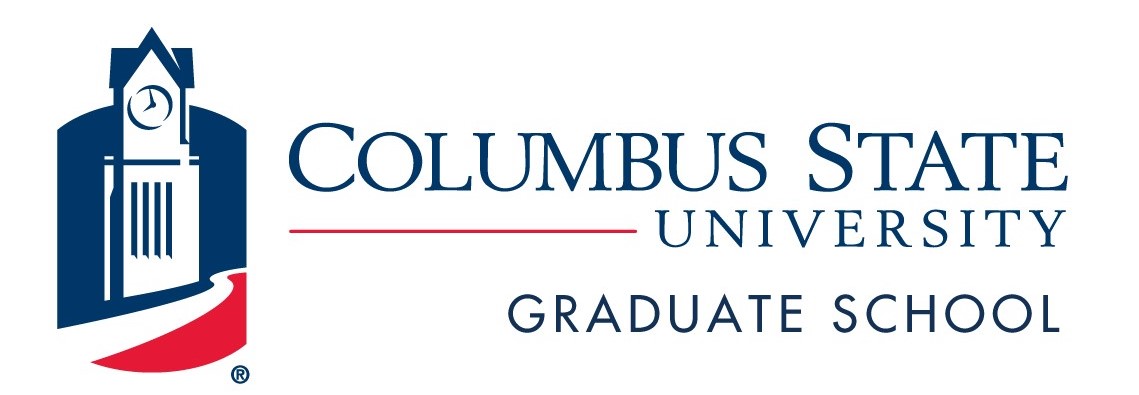The Role of Security, Privacy, and Trust in IoT Acceptance and Use
Presentation Type
Event
Location
Columbus State University
Start Date
3-11-2022 12:30 PM
Description
Internet of Things (IoT) is emerging as a novel paradigm where a global set of everyday objects can be equipped with identifying, sensing, networking, and processing capabilities in data communication. Despite its popularity and potential benefits, there are rising concerns about paralleling ""pervasive"" security and privacy with its pervasive computing. Much effort has been devoted to IoT framework development and technological advances, whereas individuals' attitudes and behaviors toward security and privacy while adopting IoTs have been rarely examined in the prior literature. In addition to their significant participation in the consumption and use of IoT applications such as wearables and smart home systems, we argue the importance of individual security and privacy in its extension in healthcare - Internet of Bodies - those devices connected to or sometimes inside the human bodies. To address this research deficiency, we aim to explicate the user acceptance of IoTs in the context of security and privacy. In the lens of rational choice theory, cost-benefit analysis, and technology acceptance model, this study attempts to expand the security landscape from conventional perception, transportation, and application layers to the user layer. In this study, we start with a survey of security and privacy issues related to IoTs while delineating the critical human factors across the IoT platform and functional layers. Given the coexisting benefits and costs, we will shed light on individual cognitive processes and intentions in adopting and using IoTs while dealing with security and privacy concerns. Also, we propose a conceptual model based on our theoretical development. Lastly, we provide directions for future research, including research methodology, data collection as well as practical implications.
The Role of Security, Privacy, and Trust in IoT Acceptance and Use
Columbus State University
Internet of Things (IoT) is emerging as a novel paradigm where a global set of everyday objects can be equipped with identifying, sensing, networking, and processing capabilities in data communication. Despite its popularity and potential benefits, there are rising concerns about paralleling ""pervasive"" security and privacy with its pervasive computing. Much effort has been devoted to IoT framework development and technological advances, whereas individuals' attitudes and behaviors toward security and privacy while adopting IoTs have been rarely examined in the prior literature. In addition to their significant participation in the consumption and use of IoT applications such as wearables and smart home systems, we argue the importance of individual security and privacy in its extension in healthcare - Internet of Bodies - those devices connected to or sometimes inside the human bodies. To address this research deficiency, we aim to explicate the user acceptance of IoTs in the context of security and privacy. In the lens of rational choice theory, cost-benefit analysis, and technology acceptance model, this study attempts to expand the security landscape from conventional perception, transportation, and application layers to the user layer. In this study, we start with a survey of security and privacy issues related to IoTs while delineating the critical human factors across the IoT platform and functional layers. Given the coexisting benefits and costs, we will shed light on individual cognitive processes and intentions in adopting and using IoTs while dealing with security and privacy concerns. Also, we propose a conceptual model based on our theoretical development. Lastly, we provide directions for future research, including research methodology, data collection as well as practical implications.

